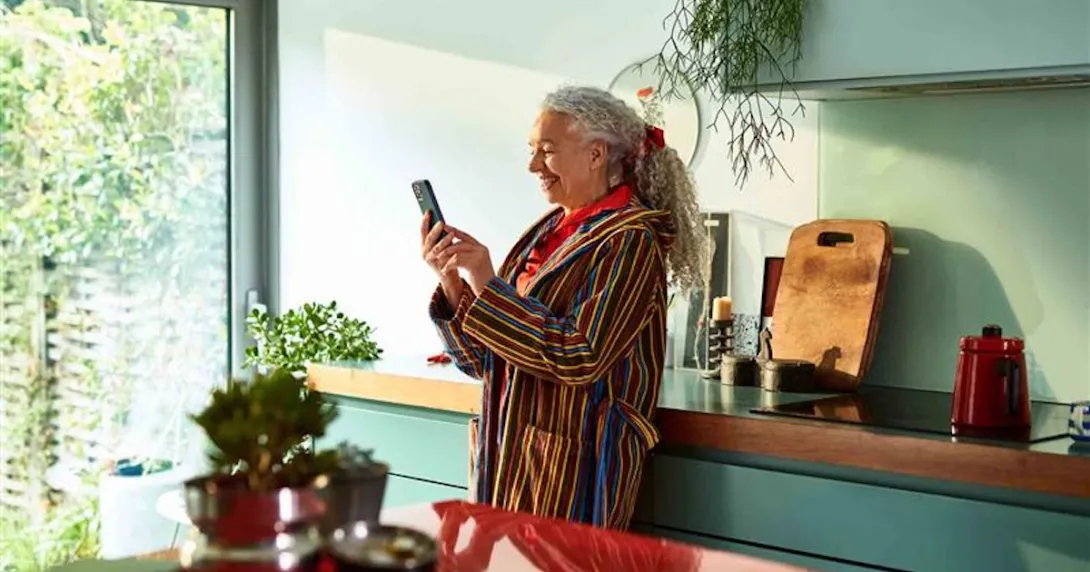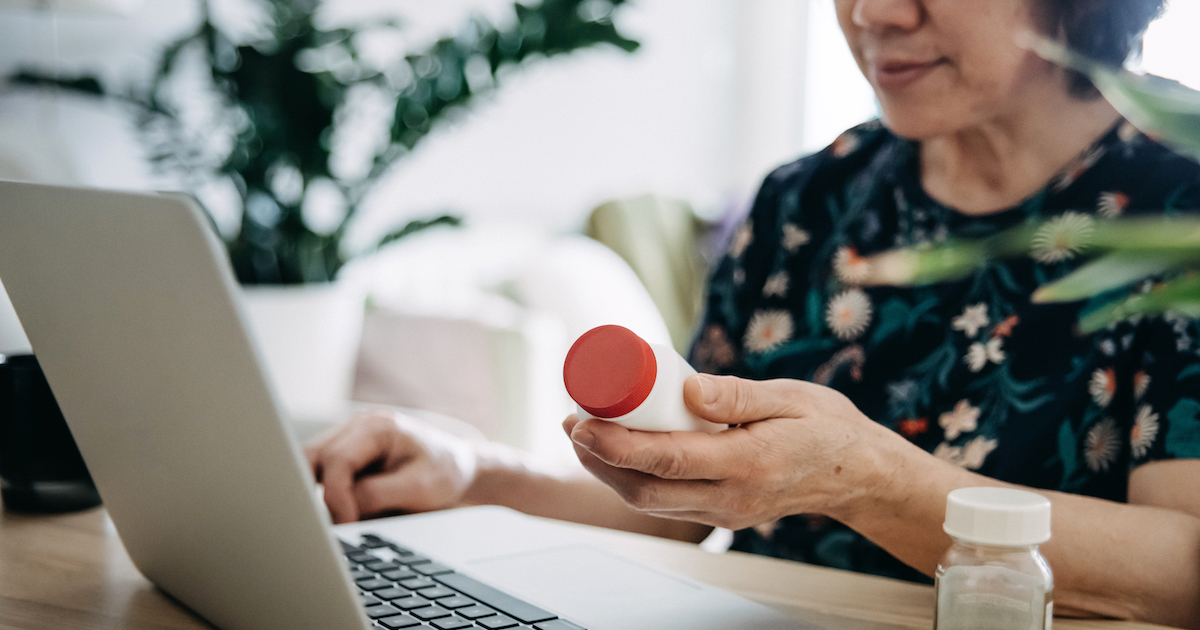
Photo: 10'000 Hours/Getty Images
Meela, which offers its namesake personalized AI companion for seniors, announced a $3.5 million seed funding round led by Bain Capital.
WHAT IT DOES
Meela is a personalized AI voice companion designed to help senior adults engage in human interactions over the telephone, eliminating the need for additional devices or hardware.
Meela can talk to a person in real time, like it was a familiar voice on the other end of the line.
According to the company, end users for Meela are older adults who enjoy conversation, routine and staying mentally active. There is nothing to install and no new technology to learn.
Someone needs to answer the phone and talk like they would with a person. They can choose the days and times they would like Meela to call them.
People can talk about their day, reflect on something that has been on their mind or discuss their feelings. They can also discuss their favorite topics such as music, books, hobbies, travel or history.
The company says Meela can ask thoughtful questions and lead simple games like wordplay or trivia.
In addition, Meela can act as a sounding board by providing people with practical suggestions and helping them think through something.
The company will use the funds for research and development, product capabilities and clinical efficiency research.
"We’re building Meela to be the trusted companion that every senior deserves and every caretaker needs," Josh Sach, founder and CEO of Meela, said in a statement.
"This is more than a company for us at Meela, it is a mission that we take very seriously as we work toward alleviating a source of tremendous global human suffering."
THE LARGER TREND
In a study published in the May issue of Behavioral Sciences, researchers found that AI companion robots could provide an innovative solution to enhance the well-being of elderly individuals by giving emotional support and helping with daily living activities.
"Despite these potential benefits, many senior citizens feel redundant or even averse towards adopting such technologies, highlighting a significant barrier to their acceptance," the study's authors wrote.
Other companies in the AI companion space include South Korea-based Hyodol, which announced in 2024 that its AI companion doll was registered as a medical device with the FDA.
Hyodol describes its doll, first released in 2019, as a companion who appears and speaks like a 7-year-old grandchild.
The company says the robotic companion, equipped with various motion detection and touch sensors, provides emotional, safety and emergency care support, customized based on data collected around the clock in near real time.
The doll provides personalized, free-flowing conversation with users, powered by generative AI and speech-to-text and text-to-speech AI.
In 2023, Intuition Robotics closed a $25 million funding round, which included $20 million in venture capital and $5 million in venture debt. The funds were used to meet demand for ElliQ, its conversational AI-powered robot that acts as a companion to seniors.
The device utilizes generative AI and large language models to allow continuous conversational experiences between the machine and its user.
ElliQ interacts using voice commands. It performs daily health check-ins, supports physical and cognitive activities, and encourages users to connect with family and friends.
SeniorTalk offers companionship via an AI chat assistant for seniors that recognizes and generates speech and initiates conversations.
The company's AI chat interlocutor allows people to share stories, ask questions and receive companionship 24/7. It also serves as a tool for early disease detection.
Via conversations with its AI chat interlocutor, individuals can share their concerns and symptoms, allowing advanced algorithms to analyze information for potential signs of diseases or health issues.


